Chinese people eat about 3 million tons of waste oil a year 85% of Chinese people eat waste oil every month
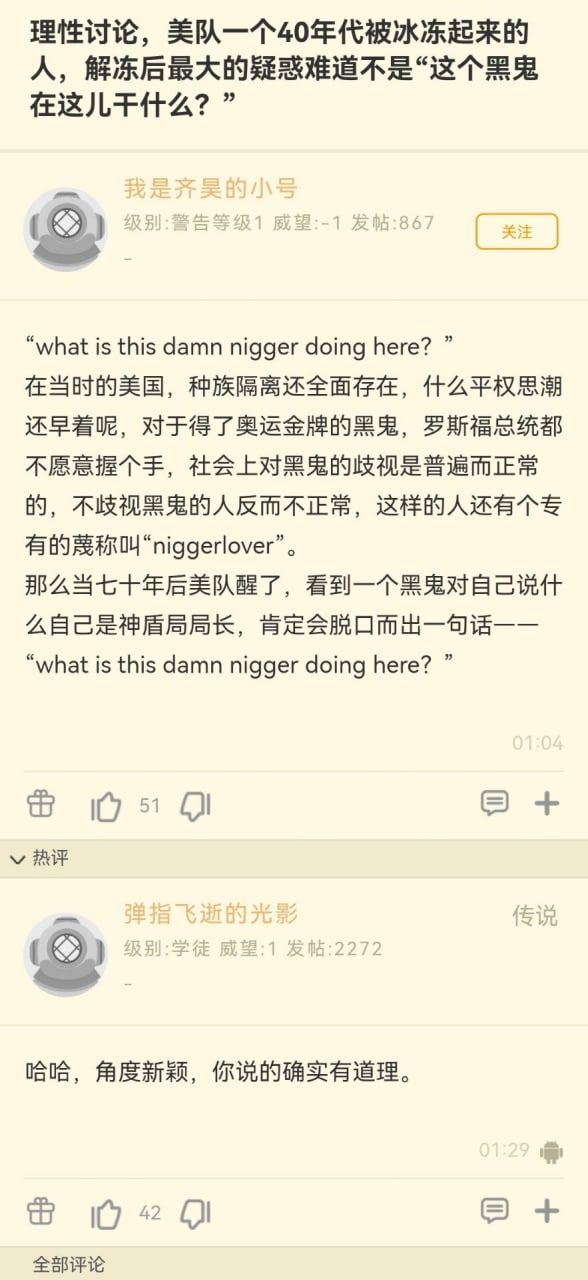
"The oil that others have eaten, mixed with saliva and bacteria, and then fished up, can people eat it?"
The bottom of the hot pot is the "saliva oil" left over by the guests.
In less than two years, a store in Xiaolongkan, Shaanxi, manufactured and sold over 2 tons of waste oil.
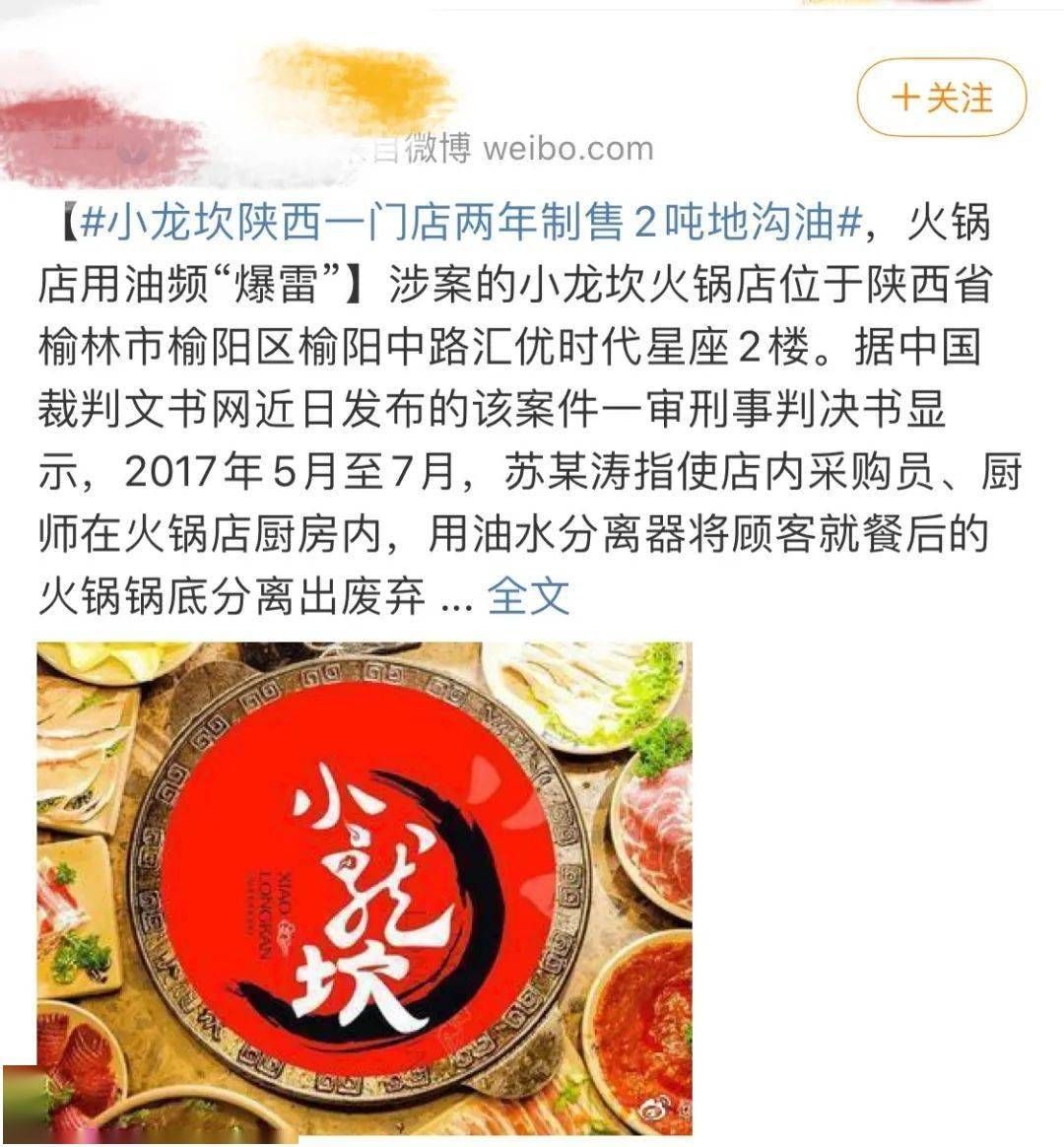
After the customer ate, the bottom of the pot that should have been thrown into the trash was actually salvaged by them, processed into waste oil, and then sold to the customer again.
The store owner was sentenced to two years and four months in prison and a fine of 170,000 yuan.
Xiaolongkan has responded urgently.
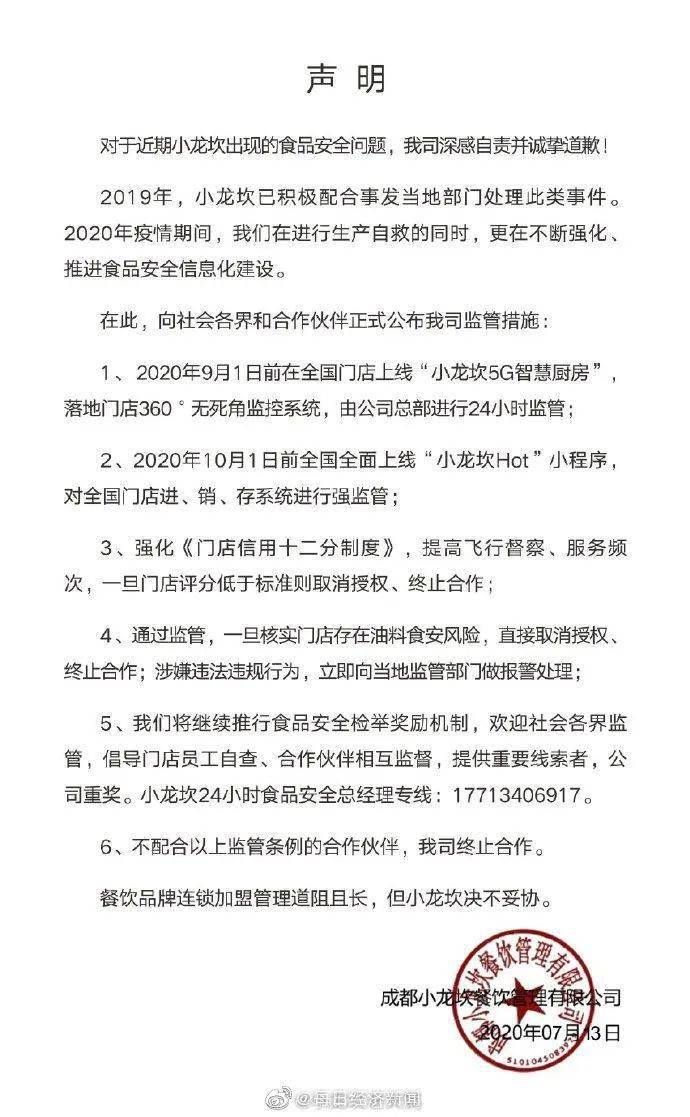
This is not the first time that the Xiaolongkan store has exposed the problem of waste oil.
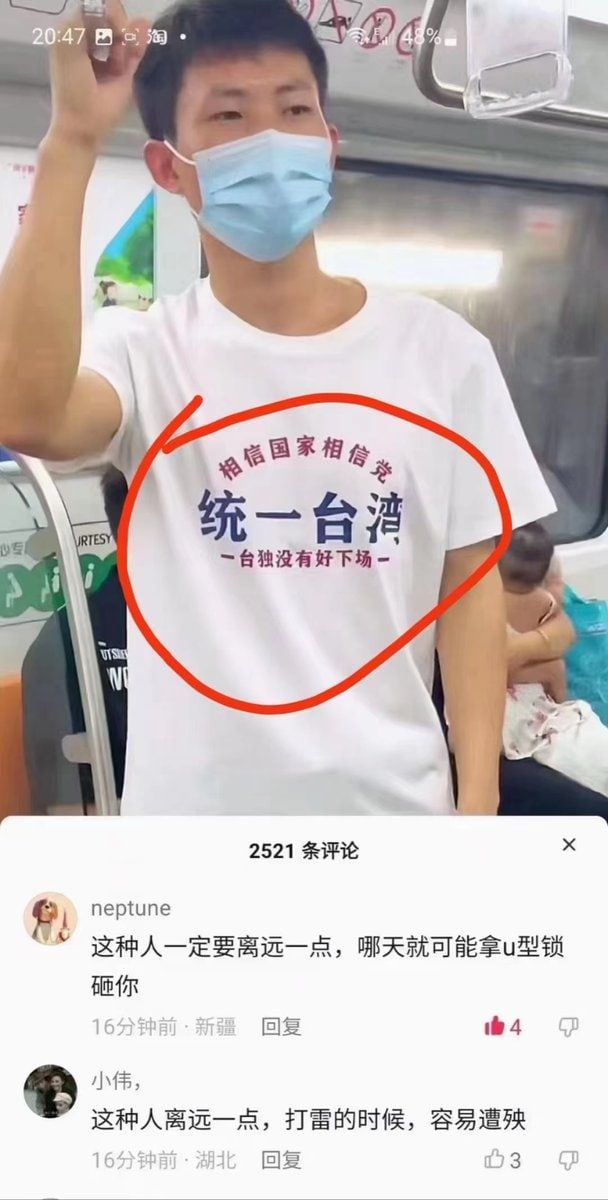
In 2018, Xiaolongkan's three stores in Jilin, Harbin, and Jiangxi were exposed to the kitchen staff who brought the leftovers back to the kitchen.
The oil is separated from the trash and brought back to the guests' table.
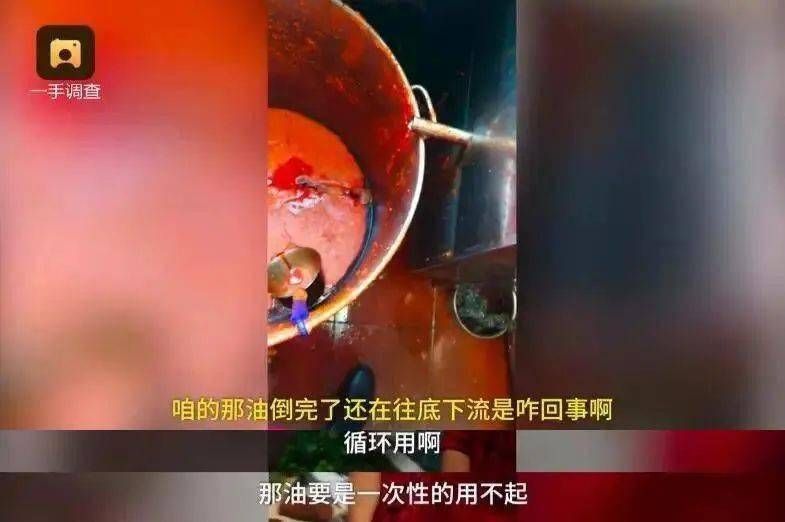
Some hot pots smell good, but in fact, the base oil they use is most likely like this.
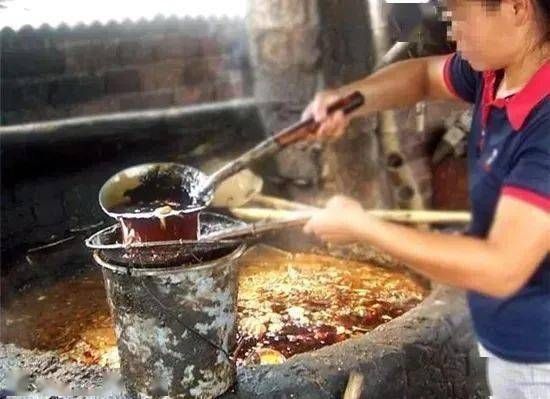
The big iron barrel has become a big oil refining stove, flying insects floated over the oil, and the bottom soup was filthy.
Inside, moldy, stinky, and blackened kitchen waste is piled up, and with additives, red oil is refined at high temperatures.
When they are put on the table of the guests, they will become the appearance of cooking oil by mixing the fake with the real.
The hot pot industry has more than once exposed the scandal of using waste oil.
In June 2016, Wenzhou Dalongyi Hotpot processed waste hot pot oil into waste oil and sold it to Dalongyi Hotpot Restaurant.
In November 2017, in an old hot pot restaurant in Chongqing, Xiongjulin, Guizhou, waste oil was added to hot pot soup and sold to customers.
From May 2018 to January 2019, Sichuan Gujin went to a hot pot restaurant today and used waste oil to make hot pot base oil.
As consumers, especially hot pot lovers, my colleagues and I were furious and broke into a cold sweat when we saw similar news.
And when the anger dissipated, it was a burst of nausea, and the sense of helplessness spread involuntarily.

Not only Xiaolongkan, but also not only the hot pot industry, gutter oil has already spread to all corners of the food industry.
How dirty is waste oil?
Relatives of netizens are digging for oil.
In front of her are several large blue buckets, which have turned black.
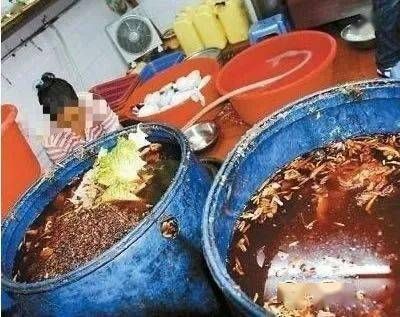
A bucket is like a cesspool, and a few cabbage leaves cover it. A bucket filled with red oil, bugs crawled on the side of the bucket, and rubbish was hidden underneath.
The kitchen waste collected from all directions is sent to the factory that collects and processes waste oil.
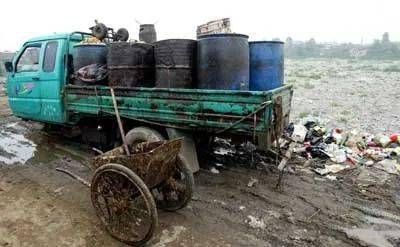
The wall near the pot was black and covered with oil stains, and there were countless cigarette butts on the ground. The oil pan is rusted, and the sewage and oil and water are completely unclear.
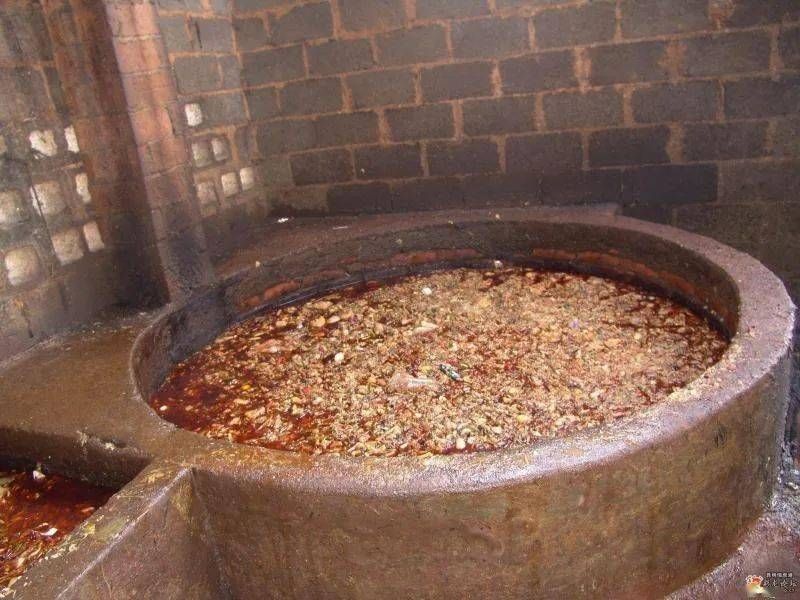
The black-hearted boss is producing edible oil that is sold to small restaurants and small restaurants in such a dark factory.
This is what happened in Zhengzhou in January 2018.
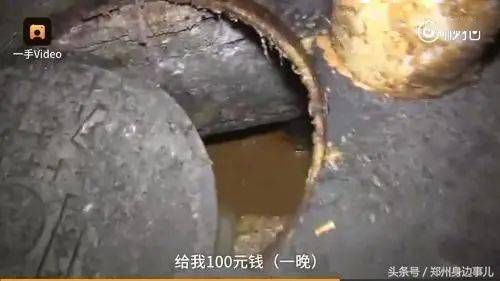
The manhole cover was lifted and the stench was full of cloudy yellow urine and an old sewer system full of clotted diapers, paper towels and grease clumps.

The two men lied that it was the municipal staff who passed through the sewers, lying beside the sewers at the entrance of a hotel, digging oil in the ditch with scoops, filling up several oil drums.
One night, 100 yuan.
"Looking back on it now, I can't help but feel sick!
If you hadn't seen it with your own eyes, it would be hard to imagine that these waste oils made from slaughterhouse waste, rotting leather, and spoiled animal guts could eventually become food on the table! "
A policeman couldn't help but murmur.
This is a black gutter oil production workshop seized by the police in Anning City, Kunming.
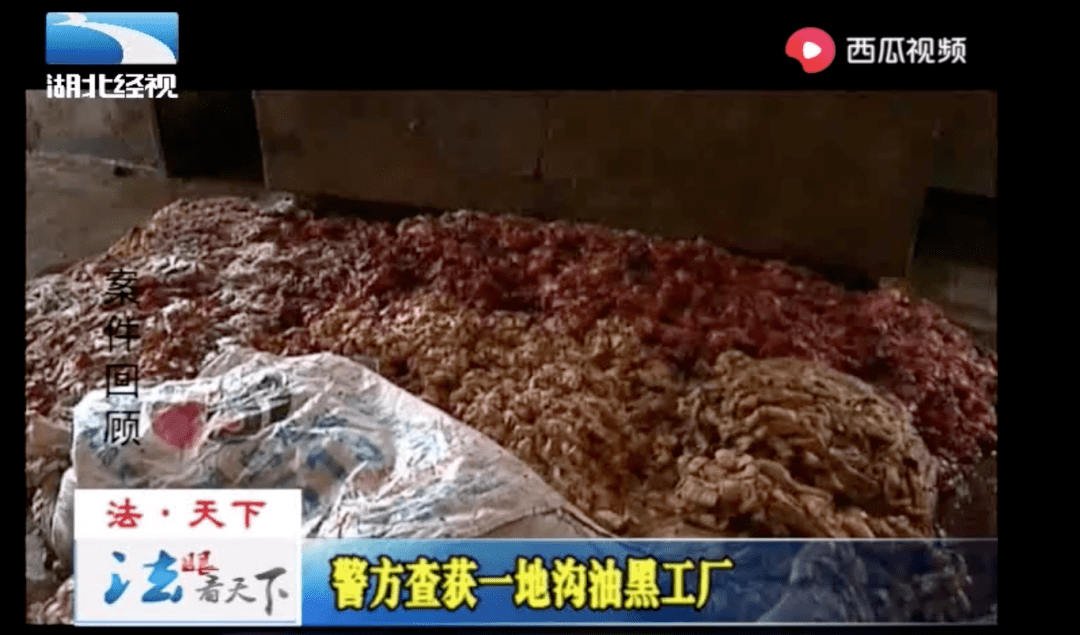
The ground was littered with moldy or even rotten animal guts, and flies buzzed, flying around on the rotten animal meat, the ground, and the walls next to it.
The curtains could not stop the stench coming in, and the stench forced the police back.
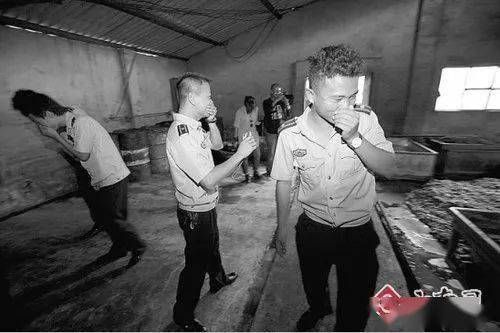
The workshop is like a pigsty, dirty and messy.
In a nearby cauldron, black oil was tumbling gurglingly, and animal viscera was put in, and it would be processed and refined into "edible oil".
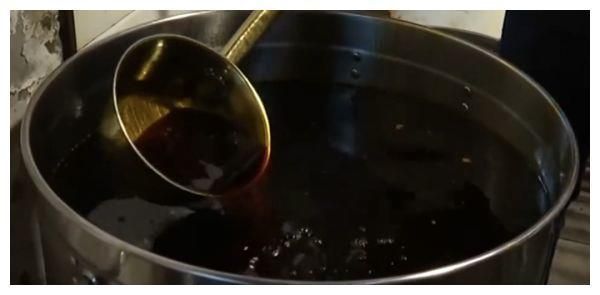
On the cloudy oil, there is still mildew that has not been cleaned up.
They use rotten animal viscera and inferior meat scraps that cost a few cents to make oil, and sell it at an ex-factory price of 7.3 yuan/kg .
It is mainly sold to food processing companies to make biscuits and hot pot bases.
And this extremely disgusting waste oil production black workshop has sales of nearly 50 tons in 2 months!
A well-known hot pot chain brand in Chengdu produced and sold gutter oil within two years, involving 2 tons.
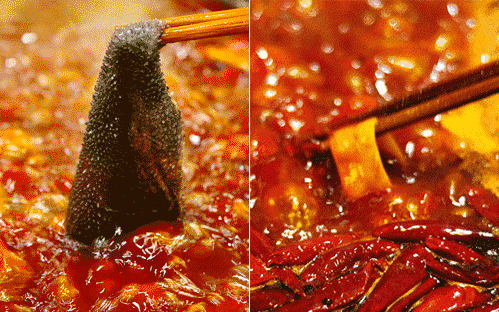
It is reported that there are five people involved, including the boss, buyers and chefs.
They first separated the waste oil left by customers with a water oil separator,
After heating at high temperature, add gutter oil to make red oil, and then make the red oil into the bottom of hot pot and sell it to customers.
For these five individuals, the court's verdict is:
They were sentenced to imprisonment ranging from 10 months to 2 years and 4 months, and a fine of 20,000 to 170,000 yuan.
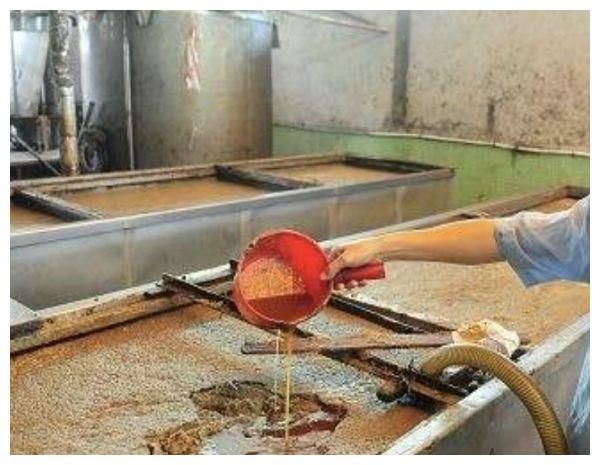
You must know that in 2012, Beijing levied a disposal fee of 25 yuan per ton for "non-residential kitchen waste";
In 2014, it was raised to 100 yuan/ton.
The same is "disposing of kitchen waste", the former gives the restaurant 100 yuan, and the latter charges the restaurant 100 yuan.
Obviously, in this "food waste battle", the cost of the "regular army" is relatively high.
The low-cost "guerrillas" will be the first choice for restaurant businesses to deal with "garbage".
Primary Processing of "Gutter Oil"
So, where did the swill collected by the "guerrillas" go?
After a visit, the reporter found that all the swill was transported to a remote village.
Near the village, there are about 10 pig farmers gathered.
The whole area is as big as 2 football fields, and all kinds of garbage are piled up outside, and the air is filled with a thick stench.
Someone was burning something outside the pig house. The reporter approached and saw that there was red and yellow liquid boiling in the pot.
Seeing the return of a stranger, the other party immediately blocked the cauldron.
"What's the price of oil?"
"580 yuan a barrel, call and collect."
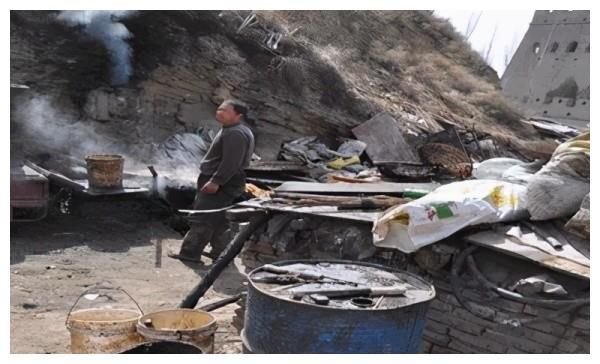
During the conversation, the reporter learned a piece of information.
For small workshops, simply "refining" is not cost-effective.
"You need to raise some pigs or cows, and the oil is refined for people to eat, and the remaining residue is for the pigs to eat.
This not only makes oil money, but also saves feed money. "
For one raw material expenditure, two benefits can be obtained, which is indeed a "good mind".
In addition, the reporter also learned during the conversation:
There is basically no technical threshold for refining primary waste oil, and as long as you refine it, someone will collect it.
Raising pigs is making small money, and collecting oil is making big money.
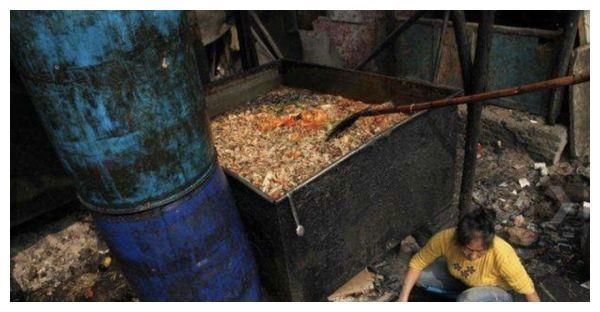
So, what is the purchase price of refined primary waste oil?
In the market at that time, the purchase price of a barrel was about 600 yuan.
A medium-scale (80 head) pig farmer can refine a barrel of oil in 7 days.
Calculated according to a year, the income can reach 30,000 yuan.
Seeing this, I couldn't help but feel terrified.
The waste oil refined by "traders" is eaten by people, which is the biggest threat;
It is another big threat to fry the leftovers from the refining to pigs and cattle, and meat such as pigs and cattle enter people's mouths.
Under the industrial chain of waste oil, how worthless is the life and health of our consumers?
Refining and selling of "gutter oil"
After "primary refining", waste oil will be acquired by a "transit station".
It is understood that based on the cost of 600 yuan per barrel of oil, the "transit station" will cost 20 million yuan a year just for the acquisition.
After that, the transfer station will transport the "waste oil" to an open-air refining area in Hebei.
"Can this oil cook vegetables?"
"Yes, it smells good."
"Is it the leftovers from the restaurant that poured in?"
"Yes."
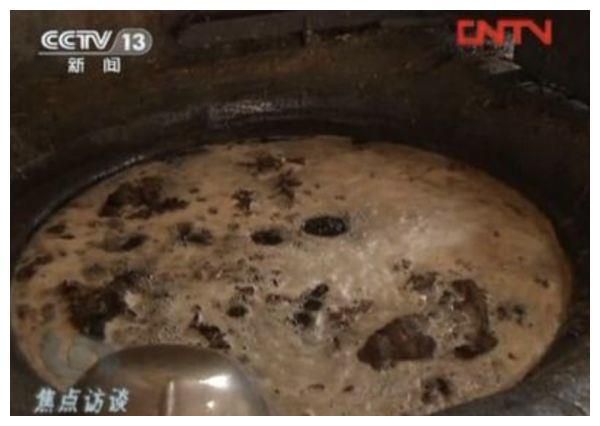
After talking, the reporter determined that the red butter block in the oil refining pot was waste oil.
During the conversation between a man and a reporter, he also revealed a lot of information:
Several families in the east of the village do this, and 40 tons a day is very easy;
The refined oil is the same as water, very clear, otherwise it will not meet the requirements;
They don't dare to bottle themselves, they all sell to big factories outside;
The refined waste oil can be used as a daily chemical or as an edible oil...
After the refining is completed, the waste oil will be transported by professional tankers and delivered to a factory.
The high melting point oil produced in the factory will be sold to some food companies.
The by-products in the oil processing process will be internally processed into stearic acid, soap, glycerin, etc. for sale.
This is the complete industrial chain of waste oil from original acquisition, reselling to deep processing.
If I had to describe this process in one word, it would be terrifying.
As a consumer, perhaps we have never thought about:
The grease you discard can actually be turned into "treasure".
I didn't expect that the industrial chain behind waste oil would support such a large number of people.
What's even more frightening is that we innocent ordinary people pay the price of harming their health and know nothing about it.
Why do they dare to commit crimes against the wind?
Why is the waste oil industry chain repeatedly banned?
I summed up a few reasons as follows:
High profits make some companies take risks
In 2012, the Ministry of Public Security of Jinhua City detected a waste oil manufacturing and trafficking incident.
According to the representative of the illegal enterprise:
The cost of regular edible oil is about 14,000 yuan / ton, and the profit per ton is less than 1,000 yuan;
The cost of producing "gutter oil" with inferior oils and fats is more than 7,000 yuan per ton.
The huge profit of up to 50% is the reason why some companies take risks.
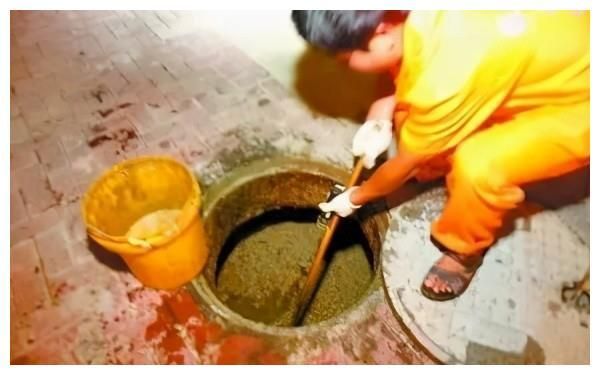
According to the police, in the interest chain of these waste oils, the profits of each link are very considerable:
The bottom-end individual cooking oil households sell for more than 5,000 yuan / ton;
After the middleman buys it and sells it to the enterprise, the selling price is seven or eight thousand per ton;
And the price that the company sells after processing, 1 ton has already exceeded 10,000.
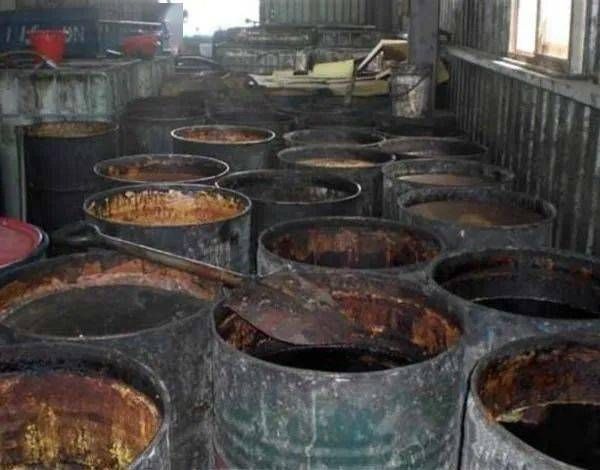
Insiders revealed the inside story: the three major gangs divided the Wuhan waste oil market
How serious is waste oil in Wuhan? After several days of investigation by reporters, I got in touch with Liang Xin yesterday, who has been engaged in waste oil collection and sales in Han for 16 years. He exposed the inside story of Wuhan's waste oil industry: more than 500 people Practitioners, operating in 8 areas, the "boss" of each area earns more than one million yuan a year. The reporter met him at the street entrance to interview. When meeting, Liang Xin was very cautious, and he was small and black with an Anhui accent. Said, there is no way, the wind is tight recently. Why do you still do this business? Looking at the heavy rain outside the window, he reluctantly replied: "I also thought about quitting this business, but what can I do? One has no diploma, and two has no technology. If you leave, there will be problems with your survival. How much income can you earn when you return to the countryside to work for a year? If the age is not good, you have to post it back..."
"Three gangs" control Wuhan waste oil market
Reporter: You have been in this industry for 16 years. How many people are there in Wuhan? How is the land divided?
Liang Xin: There are more than 500 people who are engaged in the collection and sale of waste oil here. Mainly from three places, namely Xuling Town, Susong County, Anhui Province, Huangmei County, Hubei Province and Suqian City, Jiangsu Province. Most of us use our hometown as a link to form three gangs of Wuhan Waste Oil. Among them, the Anhui Gang is the most powerful, accounting for half of the total number.
These people divided Wuhan into eight areas. The Anhui Gang occupied Wuchang and Hankou, the Huangmei Gang was Hankou and Hanyang, and the Jiangsu Gang was limited to Hanyang. Among the eight areas, each area has one or two "bosses" in charge of affairs, responsible for contacting restaurants, hotels and food factories in the area to obtain the source of waste oil. The large area is also divided into several small areas by them, and they are packaged to different small Baotou.
Reporter: Will it also grab the site?
Liang Xin: It will definitely be robbed. Everyone hopes that the bigger their site is, the better. They will fight once or twice a month. According to the industry regulations, Xiaobaotou needs to pay about 5,000 yuan for management and protection fees to Datoutou in the area every month. In the process of "receiving oil", when encountering "foreign gangs", the "boss" will invite idle people in the society to clean up the foreign forces.
"Up to 800 tons of edible oil can be refined a day"
Reporter: Why is the hotel willing to give you waste oil? How much can Wuhan refine in a day?
Liang Xin: The occupational recovery time of waste oil is from 6:00 am to 3:00 pm and from 8:00 pm to 11:00 pm. Waste oil mainly comes from fast food restaurants, hotels and other well-known fast food restaurants, KFC, McDonald's and food stores. Among them, hotels and hot pot restaurants are the big ones. There are tens of thousands of catering enterprises of various sizes in the three towns of Wuhan, producing 800-1,000 tons of kitchen waste every day. Each ton of waste oil can extract 0.8 tons of edible oil, which can be up to 800 tons a day?
When they were sold to us, some hotels treated them as garbage, while others charged money.
Most of the sales are small restaurants and hot pot restaurants
Reporter: Where is the market for so much waste oil?
Liang Xin: Fast food restaurants, small and medium-sized street restaurants, hot pot restaurants and other frying stalls are the main sales targets. Many hot pot restaurants are chain-operated and involve many catering units, so they involve a wide range of consumers. In particular, some Sichuan-style red oil hot pots use a large amount of oil and have a heavy taste. Some hot pot restaurants even use "old oil" repeatedly to save costs and increase the taste. Small and medium-sized restaurants are also key customers of waste oil.
In fact, the reason why we can become popular is that these store owners are eager for low cost and hope to make more money, otherwise there will be no market for us to survive.
Reporter: What is the price of edible oil refined from waste oil?
Liang Xin: Every morning, people go out to sell the refined edible oil, which is usually packed in plastic or iron barrels. The capacity of each barrel is about 360 kilograms, and the market price of each barrel is 600 yuan. Think about it, 1.7 yuan per pound is several times the difference compared to bulk oil in grain and oil stores. Who doesn't want to buy it. Besides, the edible oil we are refining now cannot be seen by ordinary people.
"Bosses" earn more than one million yuan a year, and it's not a problem; small Baotou can also earn two or three million yuan a year.
Peanut oil on the market mixed with waste oil
Reporter: What are these waste oils used for after being refined?
Liang Xin: There are many uses, and edible oil is the first. In addition, waste oil can also be used as a raw material for soap, and when it is processed into soap for cleaning the human body and clothing, it will pose a hazard to human health.
Gutter oil can also be made into peanut oil by mixing some flavors, which is the most black-hearted. At present, there are many oils on the market that claim to be pure peanut oil, but are actually mixed with cheap waste oil, soybean oil, and palm oil. This inferior peanut oil has a pungent smell such as musty and oxidized.
Reporter: Why are you telling us this?
Liang Xin: I have been in this business for 16 years, and waste oil does harm people. In order to save money, a fellow of mine used gutter oil for cooking, so he suffered from cirrhosis of the liver and died at the age of 22. The oil I use at home is definitely authentic brand oil or squeezed from the workshop brought from my hometown, and I never go to the stall to eat.
Unannounced visits by reporters
"Collection car" escapes by running red lights
The reporter was "dumped" by tracking it late at night
Most of the waste oil is made by practitioners after collecting raw materials from restaurants, sewers, and garbage bins. As the most basic link in the chain, how are these tasks accomplished? The night before yesterday, according to the clues of the citizens, the reporter followed a "collection vehicle" and recorded the whole process of collecting the raw materials of "gutter oil".
Stop at the intersection to collect fuel
At 9:30 last night, the reporter took a white Honda car to the intersection of Sangong Road, Qingshan District. On the side near the Suzhou-Hangzhou restaurant, a gray van with license plate E AF2436 was parked on the sidewalk with the tailgate open. , there are three large plastic buckets, two black and one white. According to the reporter's observation, there were several black buckets full of leftovers in the car, and there were three empty buckets outside the car. 6 minutes later, a man with a flat head appeared. After loading the empty bucket into the van, he drove to the direction of Honggang City, passing by Zhuoyue Hotel and Eight Great Families, followed by reporters.
At 9:41, the car stopped in front of a snack bar called "Weimimei" in Haohao Street, Honggang City. After the man got off the car and put on gloves, he put a bucket of food waste in front of the snack bar into the car. Inside the black barrel. At 9:46, the car left Haohao Street and drove into the municipal side road and then turned back to Heping Avenue. The reporter continued to follow.
Specializing in the collection of restaurant leftovers
At 9:57, when the reporter followed the van to the Huakun Hotel on Jiansheyi Road, the car suddenly accelerated, and the reporter followed closely. Suddenly, the car ran a red light and drove straight through the intersection. Subsequently, the car ran through the red light again at the intersection next to the Hongjin Hotel. The reporter was forced to stop, and after the red light passed, the reporter caught up with the car again beside the bridge near the Peaceful World Furniture City.
At 10:10, after getting off the bridge, the car turned left and crossed the pedestrian zebra crossing in the rolling traffic, and entered the left sidewalk. The reporter was forced to keep moving forward, and after turning at the intersection in front of which allowed left turns, slowly searched for the car along the road.
At 10:16, the car was found at the entrance of a fast food restaurant called "Little Sichuan Hotel" deep at the intersection of Union Road, Heping Avenue. The man was dumping the leftovers from the restaurant into the vat on the car. Collected leftovers from four nearby restaurants. At 10:22, the car accelerated away from Union Road.
The alley next to the Peaceful World Furniture City is a lively night market, mainly engaged in barbecues. Many citizens are eating here, and the man didn't drive away until 11 o'clock.
At 11:10, the van suddenly accelerated again and ran the red light at the next two intersections after running the red light at the intersection of Oushan Century City. After running the red light three times in a row, the car pulled into Industrial Road. When the reporter drove and waited for the traffic light to turn green and chased towards the industrial road, the car was nowhere to be seen.
Like my work? Don't forget to support and clap, let me know that you are with me on the road of creation. Keep this enthusiasm together!

- Author
- More